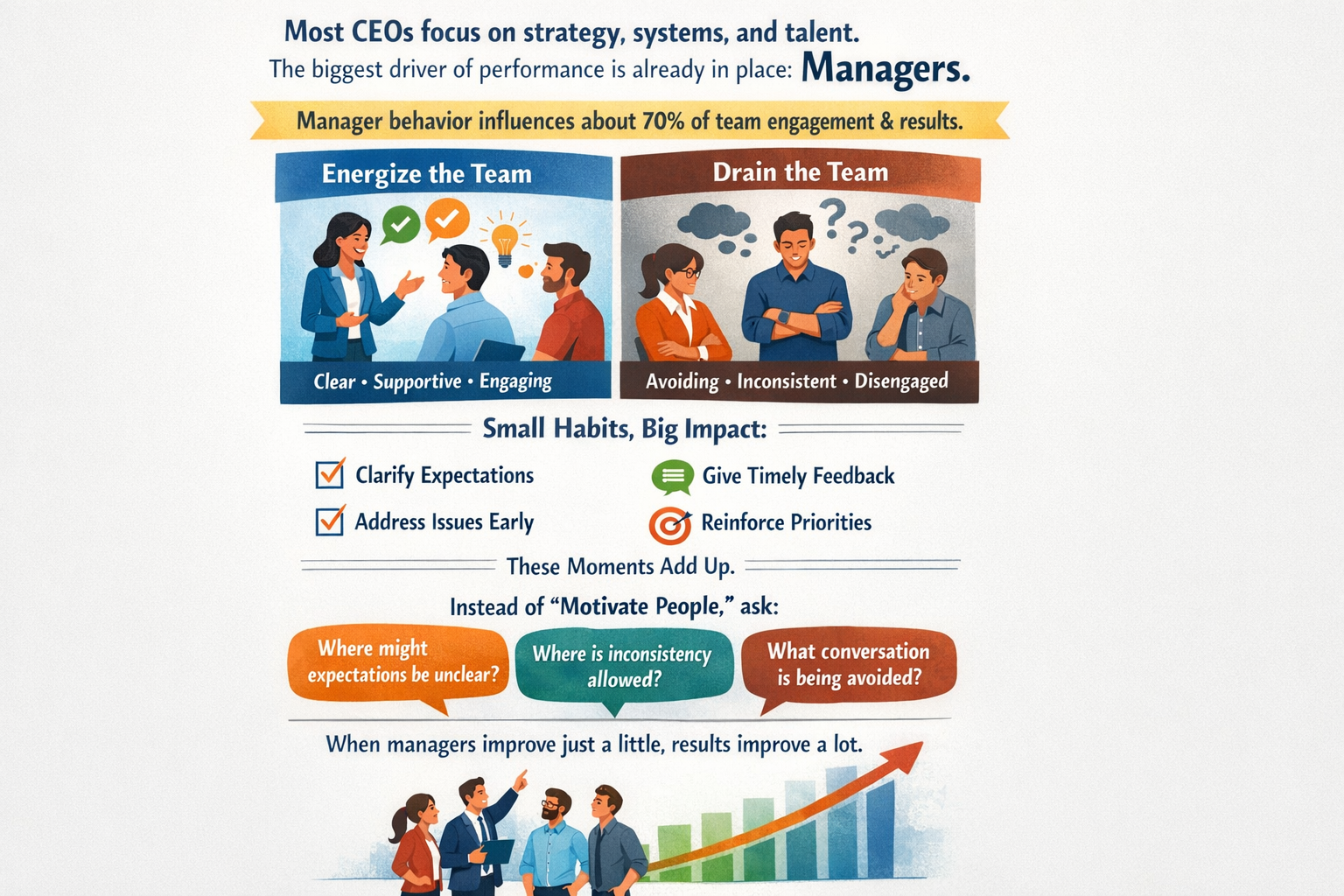Is the ROI of Remote and Hybrid Work Options Worth the Effort?

Studies show that many hybrid and remote workers are more engaged with their work and are happier with their life than when they worked at company facilities. Yet, the need to support hybrid and remote workers with intentional strategies for communication, collaboration, and relationship building and the challenges in setting effective policies around work location are contributing to increased stress at work.
52% of employees report experiencing ‘a lot of stress at work yesterday’. Since this leads to poor wellbeing, productivity, and longevity, it is important that we address significant workplace stressors. However, work location is not the most critical stressor.
Let’s remember that one of the common reasons for employees quitting or choosing to work remotely is to get away from a bad boss. Gallup’s research indicates that ‘how employees are managed has about four times as much influence on employee engagement and wellbeing as their work location’.
Today, there is a downward trend in employees’ sense of connection with their organization’s mission and purpose. When employees don’t have faith in their leaders, they lose faith in the organization’s potential to offer them a future. Only 23% of U.S. employees strongly agree that they trust the leadership in their workplace. Yet, when leaders communicate clearly, lead and support change, and inspire confidence in the future, 95% of employees report fully trusting their leaders.
It is pretty clear that gaining employees’ trust by leading effectively is a much bigger concern than work location! Yet, few organizations invest in training people leaders in effective people management practices. Why are many sweeping this elephant under the carpet?
· Perhaps the hard task of changing one’s leadership approach is too daunting.
· Maybe the challenge of measuring the benefits of investing in soft skill training doesn’t meet their return-on-investment criteria.
· It could be that they don’t know what practices are effective, so they don’t know where to start with training.
Although it isn’t well known yet, there is very good news in the leadership development arena. There is a solution to these dilemmas! The developers of a program called Conversational Management digested a lot of credible research on management practices. They studied the intersection of these research findings and developed a very impactful, interactive training program which guides leaders in becoming effective people managers. At least one company has documented a 20-fold return on its training investment.
And they offer an easy try-before-you-buy opportunity! To learn more, participate in the first module of Conversational Management by registering for the next Zoom Test Drive. I look forward to seeing you there!


